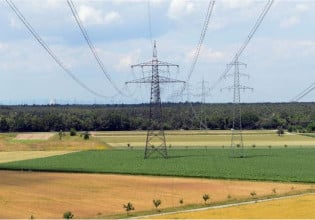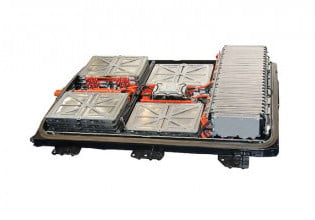Henkel and University Researchers Partner to Explore Power Electronics Applications
Henkel and North Carolina State University partner to study the impact of materials technology on power electronics applications.
Henkel has agreed to partnership with North Carolina State University’s (NC State) Future Renewable Electric Energy Delivery and Management (FREEDM) Systems Engineering Research Center. The collaborative agreement was centered on the intent to study the impact of materials technology on power electronics applications. Now a FREEDM Systems Research Center Associate Member, and with allowances granted through the agreement, Henkel intends to utilize services available from the NC State’s Packaging Research in Electronic Energy Systems (PREES) lab facilities.
Image used courtesy of FREEDM
The FREEDM Center
The research that is being conducted at the FREEDM Center looks toward a future of electrification where systems that underpin society are more manageable and efficient. The FREEDM Center brings together research academic and industry leaders and strives to advance the development of solutions that can modernize the electric grid. The current American electric grid has gone unchanged for a substantial amount of time and utilizes sources that can cause damage to the environment and may compromise national security. The FREEDM Center wishes to create a new electric grid that is more distributed, secure, and environmentally sustainable.
The Partnership
NC State University has been ranked fourth in the United States for industry-sponsored research and second for research commercialization because of its combined industrial and academic research efforts. Henkel believes that collaborations with academic institutions are important in the acceleration of market-ready solutions that can solve challenges within the power and industrial automation industries.
In a press release from last month, Director of Market Strategy for Henkel’s Power and Industrial Automation business, Justin Kolbe, commented: “The demands on power electronics across many applications are immense.” Kolbe added: “The often-contradictory objectives of increased power densities, high reliability, expansive functionality, and cost-efficiency are driving new approaches to systems design. Our team is excited to work with NC State to evaluate how Henkel’s enabling materials in leading-edge power electronics devices can address future industry challenges.”
A student researcher working in the lab at the FREEDM Center. Image used courtesy of FREEDM
In the same press release, Professor of Electrical Engineering and FREEDM Director, Iqbal Husain, said that Henkel and NC State have collaborated in the past and that the new association builds the foundation for more formal collaboration. Husain added: “Most recently, Henkel’s team provided specialized materials that enabled us to meet aggressive targets in the design of a high-power electric vehicle fast charger. We see many areas such as this where our relationship can bring notable results.”
In addition to the facilities and expertise offered by the FREEDM Center, the PREES lab facilities will enable Henkel “to expand simulation capabilities and use their products in packaging prototypes,” said Professor of Electrical Engineering and PREES Director, Doug Hopkins.






